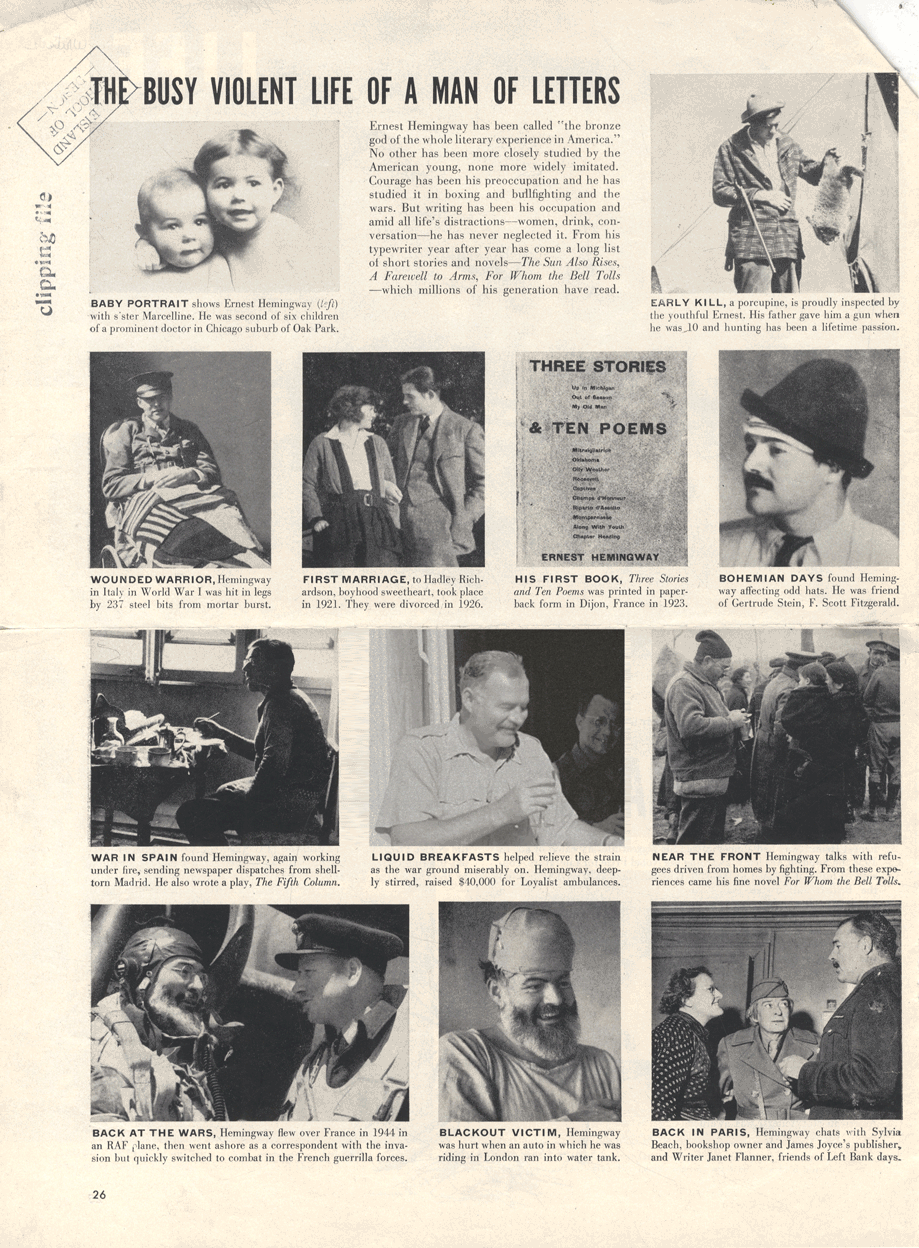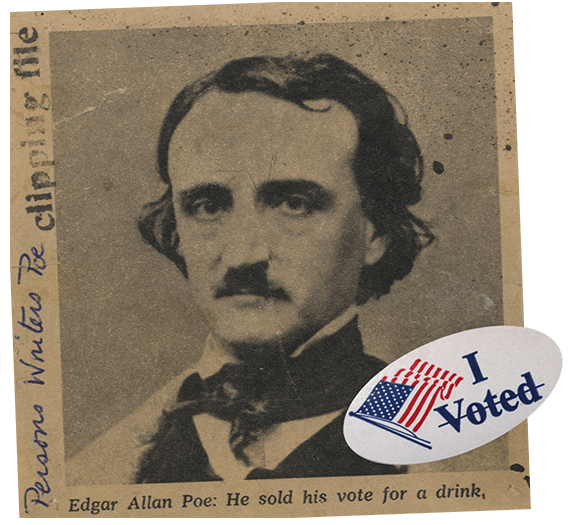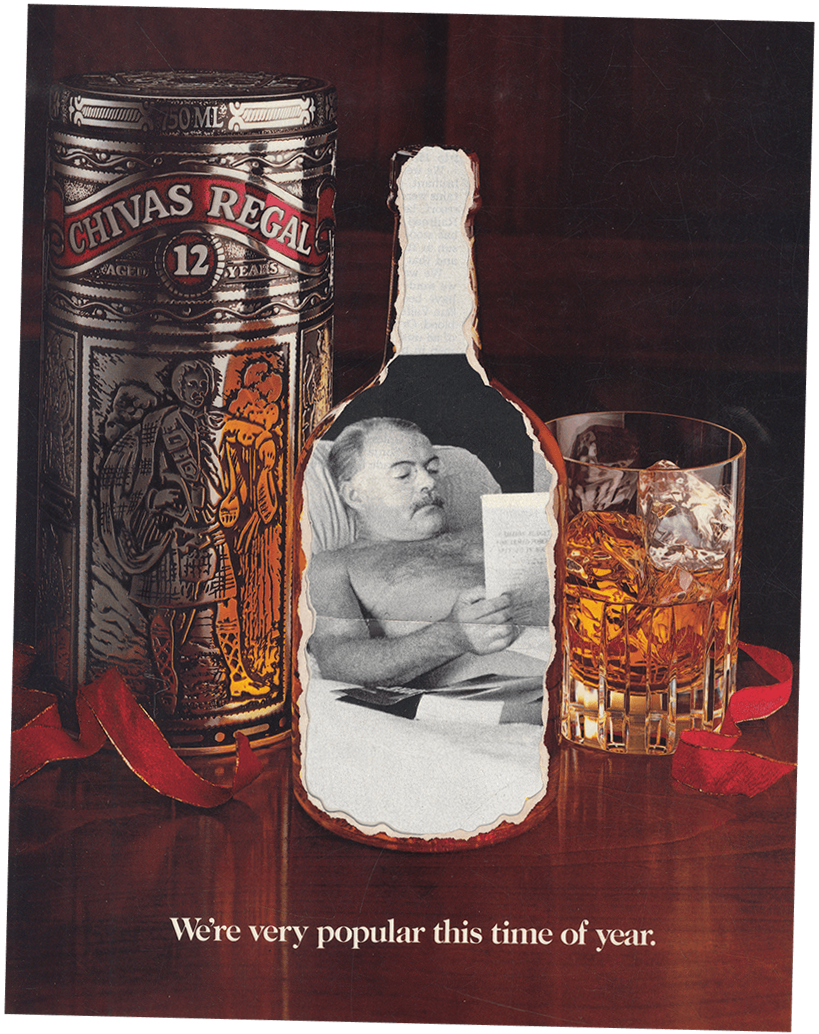
Here’s a confession: I fear writing. In order for me to start the first sentence, I need to (1) find every possible excuse to procrastinate, (2) spend all my energy doing other unimportant tasks, then (3) stare at my laptop for at least three to four hours until I reach enough emotional distress to yell at myself If you don’t start writing right now, you will fail this project, work, school, and basically in life, you dumb fuck! To give you an example—my clock just hit 3:00 AM. I have developed many (pseudoscience and self-diagnosed) theories over the years to explain this behavior. My personal favorite is that it is deeply rooted in my anxiety as a non-native English speaker and imperfect bilingual who will never be fully confident in neither of the languages. My second favorite is that I have undiagnosed ADHD. All or none of my theories could be true. I may never find the real reason and I was okay with that, until I discovered another—and possibly the biggest—reason recently.
It came to me during a phone conversation with my mom. As she was talking about a family friend who recently lost his vision due to untreated cataracts, she casually added: “well, you must be glad that it’s not his hearings.” uhh what? Apparently, seven-year-old-me has once told my mom that I would, in a heartbeat, choose to be blind over deaf. “I can close my eyes to not see, but I cannot plug my ears to not hear. I can always hear my voice in my head.” said the little girl. Goodness gracious, what an ableist thing to say! I hope this girl later receives proper education to realize how problematic that line of thinking could be. Anyways, that’s when I realized that my fear may not be about writing at all. I was suddenly made aware of my perpetual, never-ending background music, news, audiobooks, podcasts, movies, and tv shows. I was constantly drowning myself in others’ voices to not hear my own -- but writing is a process of materializing that voice. I have to talk to myself. I have to listen to myself. I have to fucking live with myself. It was not a fear of writing, but fear of solitude with a pinch of self-hatred.
It came to me during a phone conversation with my mom. As she was talking about a family friend who recently lost his vision due to untreated cataracts, she casually added: “well, you must be glad that it’s not his hearings.” uhh what? Apparently, seven-year-old-me has once told my mom that I would, in a heartbeat, choose to be blind over deaf. “I can close my eyes to not see, but I cannot plug my ears to not hear. I can always hear my voice in my head.” said the little girl. Goodness gracious, what an ableist thing to say! I hope this girl later receives proper education to realize how problematic that line of thinking could be. Anyways, that’s when I realized that my fear may not be about writing at all. I was suddenly made aware of my perpetual, never-ending background music, news, audiobooks, podcasts, movies, and tv shows. I was constantly drowning myself in others’ voices to not hear my own -- but writing is a process of materializing that voice. I have to talk to myself. I have to listen to myself. I have to fucking live with myself. It was not a fear of writing, but fear of solitude with a pinch of self-hatred.

Jack London, an American novelist best known for his magazine fictions in the early 20th century, categorized drunks into two groups: the ones who hallucinate and the ones who gain “white logic”—the bleak truth of life. This was quickly endorsed and romanticized by writers like Fitzerald, Faulkner, and Hemingway, that the image of a middle-aged white man solemnly drinking whiskey at a bar with a fountain pen became a symbol for genius. This “whiskey and ink” narrative is problematic because it idolizes alcoholism while disregarding everyone else outside of the (extremely androcentric and quite literally “white”) image. It also shows our society’s skewed notion of art, that a masterwork is created when tragedy is coped with substances. But I have to admit that it has a poetic rationale to it; the darkness helps you see clearly, and the silence helps you hear clearly. Drunk writers’ desire is not for euphoria but for silence. To be clear, this writing is not a manifesto of a wannabe alcoholic. I’m envious of the drunk writers not because of their drunkenness or even their talent, but because of their willingness to listen to themselves. I want to be able to talk to myself as they do. I want to find my stories as intriguing as I find others', and my voice as significant as I find others’. I want to enjoy my company, away from the fear of solitude.

